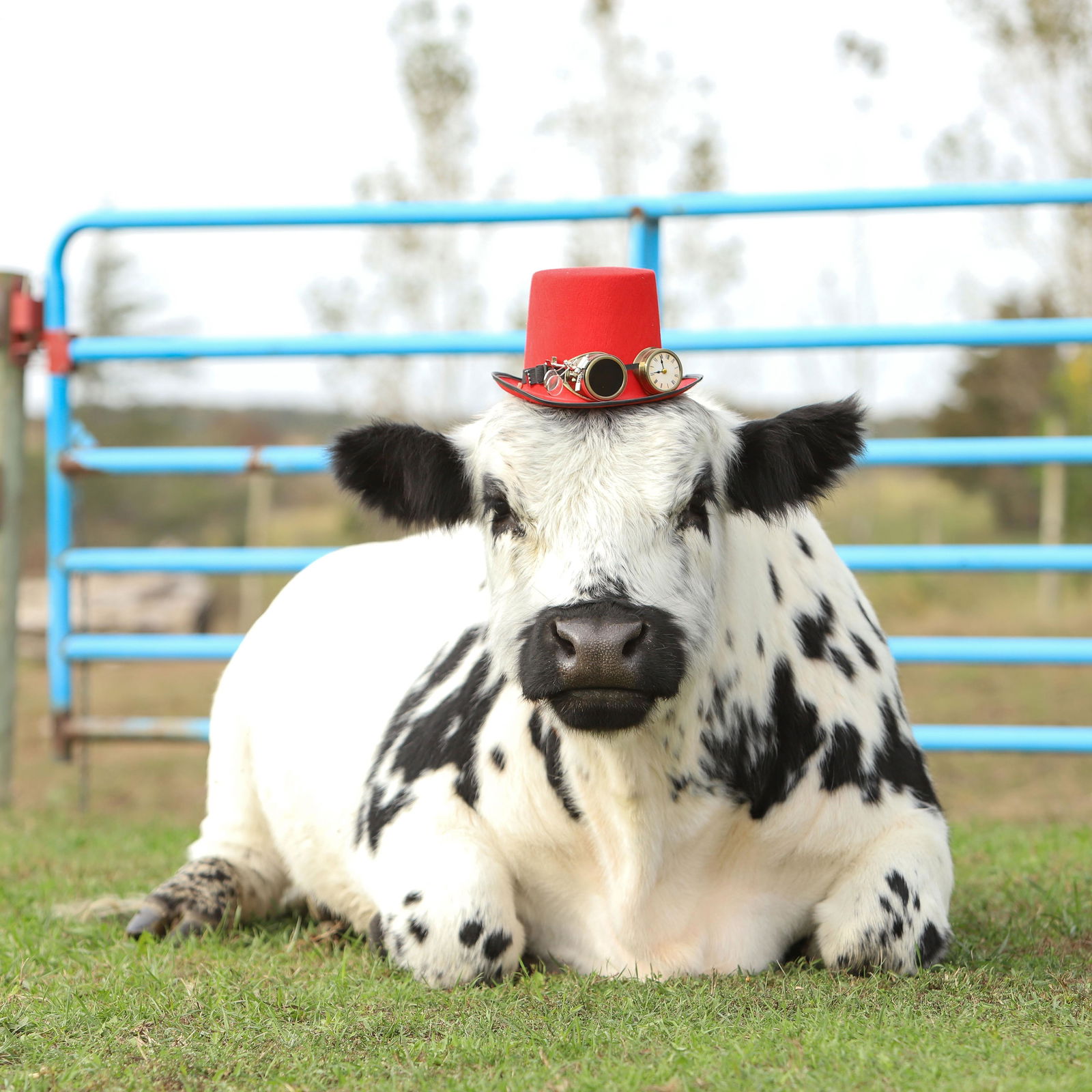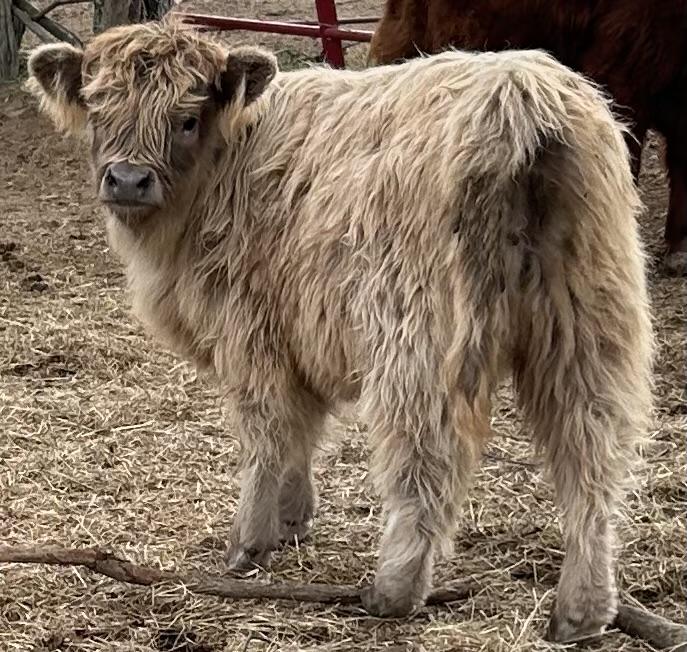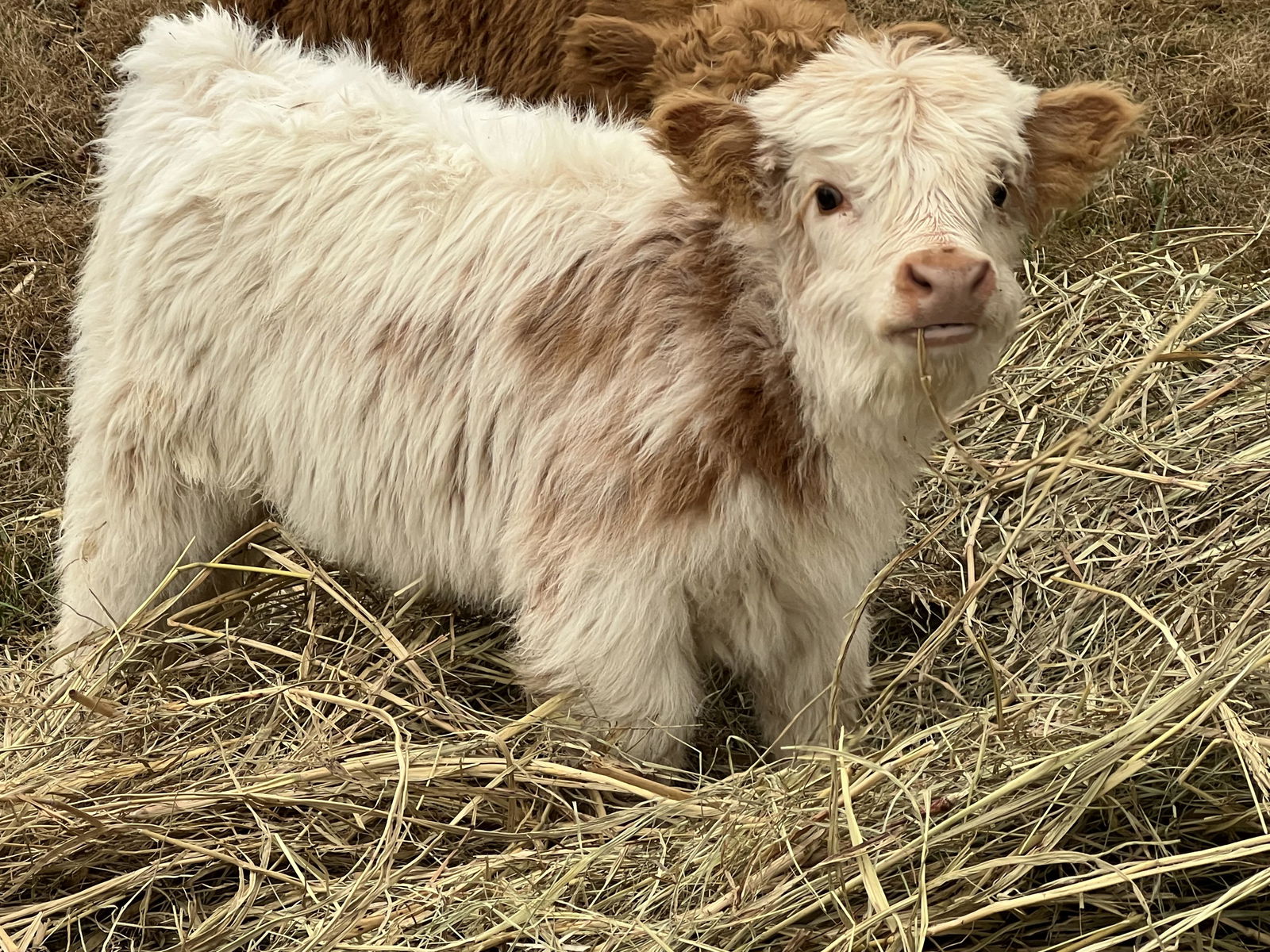
Mini Donkey Rescue: Where to Find and Adopt a Rescue Donkey
Author: Elliott Garber, DVM
You’ve probably heard of horse rescue organizations but did you know there’s a growing movement dedicated to saving miniature donkeys? These pint-sized equines with their big personalities and even bigger ears are capturing hearts across the country. From abandoned farm pets to overworked show animals, many mini donkeys need a second chance at life.
Whether you’re a longtime animal lover or just discovering these adorable creatures, you’ll be amazed at the incredible work happening at mini donkey sanctuaries. These dedicated rescuers don’t just provide shelter – they offer rehabilitation, specialized veterinary care, and a chance for these intelligent animals to live their best lives. Their commitment has helped transform countless scared and neglected donkeys into happy, healthy companions ready for their forever homes.
What Makes Mini Donkeys Special
Mini donkeys are truly unique creatures. Standing just 36 inches or shorter at the withers, they pack a lot of personality into their compact size. Their intelligence and charm make them perfect companions for small farms or hobby properties.
Unique Characteristics of Miniature Donkeys
These little characters come with some amazing traits. They’re incredibly smart enough to figure out gate latches (which can be both entertaining and challenging for their caregivers). They form deep bonds with their humans and make excellent therapy animals for both children and seniors.
Their distinctive braying isn’t just noise – it’s their way of communicating specific needs. Despite their small size, they’re natural guardians, often protecting smaller livestock from predators. Plus, they’re generally easier to care for than horses and can live 25-35 years when well cared for.
Health Considerations
Like any animal companion, mini donkeys have specific health needs that owners should watch for. Dental problems are the most common issue, affecting about 65% of mini donkeys – that’s why regular dental check-ups twice a year are essential. Hoof care is another priority, with about 45% experiencing hoof issues that monthly trimming can prevent.
Weight management is crucial too – about 40% of mini donkeys tend toward obesity, so controlled grazing is important. Regular deworming helps prevent parasite issues, which affect about 35% of the population. Joint problems can occur in about 25% of mini donkeys, but regular exercise helps keep them healthy and mobile.
Other health considerations include:
- Careful monitoring on rich pasture grass to prevent metabolic issues
- Protection from dusty conditions that can trigger breathing problems
- Extra care during cold weather
- Careful feeding to prevent founder
- Special attention to their efficient metabolism when planning meals
The Growing Need for Mini Donkey Rescue
The situation for mini donkeys has become increasingly concerning, with rescue organizations seeing 35% more intake requests in just the last three years. Economic challenges, misunderstandings about their care needs, and impulse purchases have created a perfect storm of welfare issues.
Why Mini Donkeys Need Rescue
Financial changes often force owners to give up their mini donkeys – whether it’s downsizing their property or dealing with unexpected vet bills. Many first-time owners don’t realize these little ones need regular hoof care, dental check-ups, and specific feeding routines. Some jacks (male donkeys) need extra behavioral training, which can catch owners off guard.
Health issues can also overwhelm owners, especially when dealing with ongoing foot problems, dental care, or chronic conditions that require specialist attention.
The Current Rescue Situation
The reality is sobering – 8 out of 10 mini donkey sanctuaries are completely full, and most have waiting lists stretching 3-4 months long. About 65% of rescues struggle to fund specialized vet care, and 40% of donkeys arrive showing signs of neglected basic care.
Common issues in rescued donkeys include dental problems (45%), hoof issues (38%), obesity (28%), and behavioral challenges (22%) – all conditions that proper care could prevent or manage.
Inside a Mini Donkey Rescue Operation
The heart of any mini donkey rescue is its dedication to transforming lives. Take Peaceful Pastures Donkey Rescue – they’ve given over 500 donkeys a second chance since 2021. Their work shows just how much impact dedicated care can have on these special animals.
Daily Life at the Rescue
Life at a mini donkey rescue follows a rhythm that puts our little friends first. The day starts early with breakfast – these guys get three square meals daily to keep them healthy and happy. Fresh water is always available, with regular checks throughout the day to make sure no one goes thirsty.
The care team keeps their environment spotless with twice-daily cleaning. Every morning brings health checks to catch any potential issues early. Social time is just as important as physical care. These social butterflies need time with their donkey friends to thrive.
Exercise and grooming round out their daily routine. A few hours in the paddock keeps them fit, while daily grooming (including those all-important hooves) keeps them comfortable and clean.
Healing Body and Spirit
When a new donkey arrives, their journey to health starts with a thorough check-up. The vet team looks at everything – from blood work to teeth to hooves – to create a personalized care plan. Many arrive needing serious dental work or hoof care, while others need help getting back to a healthy weight.
Treatment plans are as unique as each donkey. Some need special diets to put on weight, others require dental procedures to fix years of neglect. Regular hoof trimming, parasite control, and updated vaccinations are part of every donkey’s care package.
The team tracks progress carefully, weighing each donkey weekly and adjusting their care as needed. Most donkeys need 3-6 months of rehabilitation, though each recovery journey is unique.
Adopting a Rescued Mini Donkey
Ready to welcome a mini donkey into your life? It’s an incredible journey that changes both human and donkey lives forever. The adoption process helps ensure you’re ready for your new family member.
Finding Your Perfect Match
The path to adoption starts with getting to know each other. You’ll share details about your experience and setup, then spend time meeting potential companions. The rescue team will help you understand what these special animals need and make sure it’s a great fit for everyone.
Creating Donkey Paradise
Before bringing your new friend home, you’ll need to create their perfect space. A secure fence (at least 4.5 feet high) keeps them safe, while a cozy three-sided shelter gives them a place to escape the elements. Each donkey needs about 8×8 feet of sheltered space.
Your donkey’s playground should include:
- A dry, level exercise area (400+ square feet)
- Raised hay racks for comfortable eating
- Safe plants (no oak leaves, acorns, or wild mushrooms)
- Comfortable rubber mats in shelter areas
- Easy-access water troughs
Supporting Mini Donkey Rescue Organizations
Mini donkey rescues do vital work giving these amazing animals second chances. Their success depends on community support, and there are plenty of ways to help.
Making a Difference
You can support these sanctuaries in several ways:
- Share your time as a volunteer (feeding, cleaning, or office help)
- Sponsor a specific donkey monthly
- Donate supplies like hay, feed, or grooming tools
- Offer professional skills (vet care, farrier work, photography)
- Provide foster care
- Help with fundraising
Finding True Sanctuaries
Real rescue organizations, like Hidden B Ranch and Oscar’s Place, share common traits that show their commitment to donkey welfare. They maintain transparent finances, clear adoption processes, and strong veterinary partnerships. Their work is well-documented and properly licensed.
Conclusion
Mini donkey rescue is about more than saving animals: it’s about building a community of care and compassion. These charming creatures deserve their chance at happiness, and you can help make that happen.
Your support matters, whether through adoption, volunteering, or donation. The need grows daily, making every contribution meaningful.
By joining this cause, you’re not just helping donkeys, you’re part of a movement that’s changing animal welfare for the better.

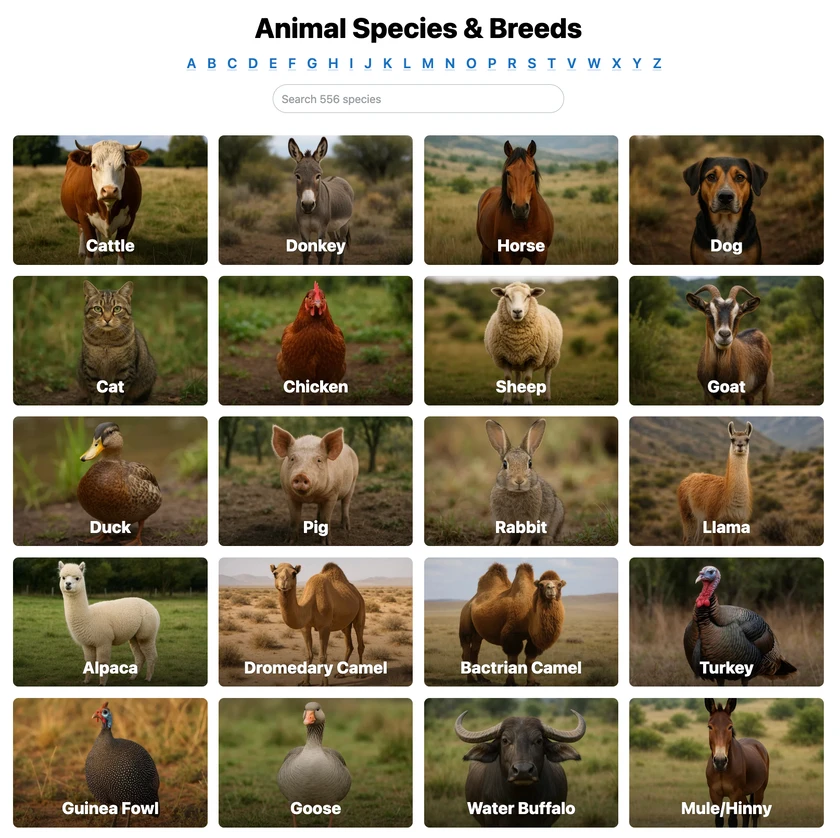 All Species & Breeds
All Species & Breeds
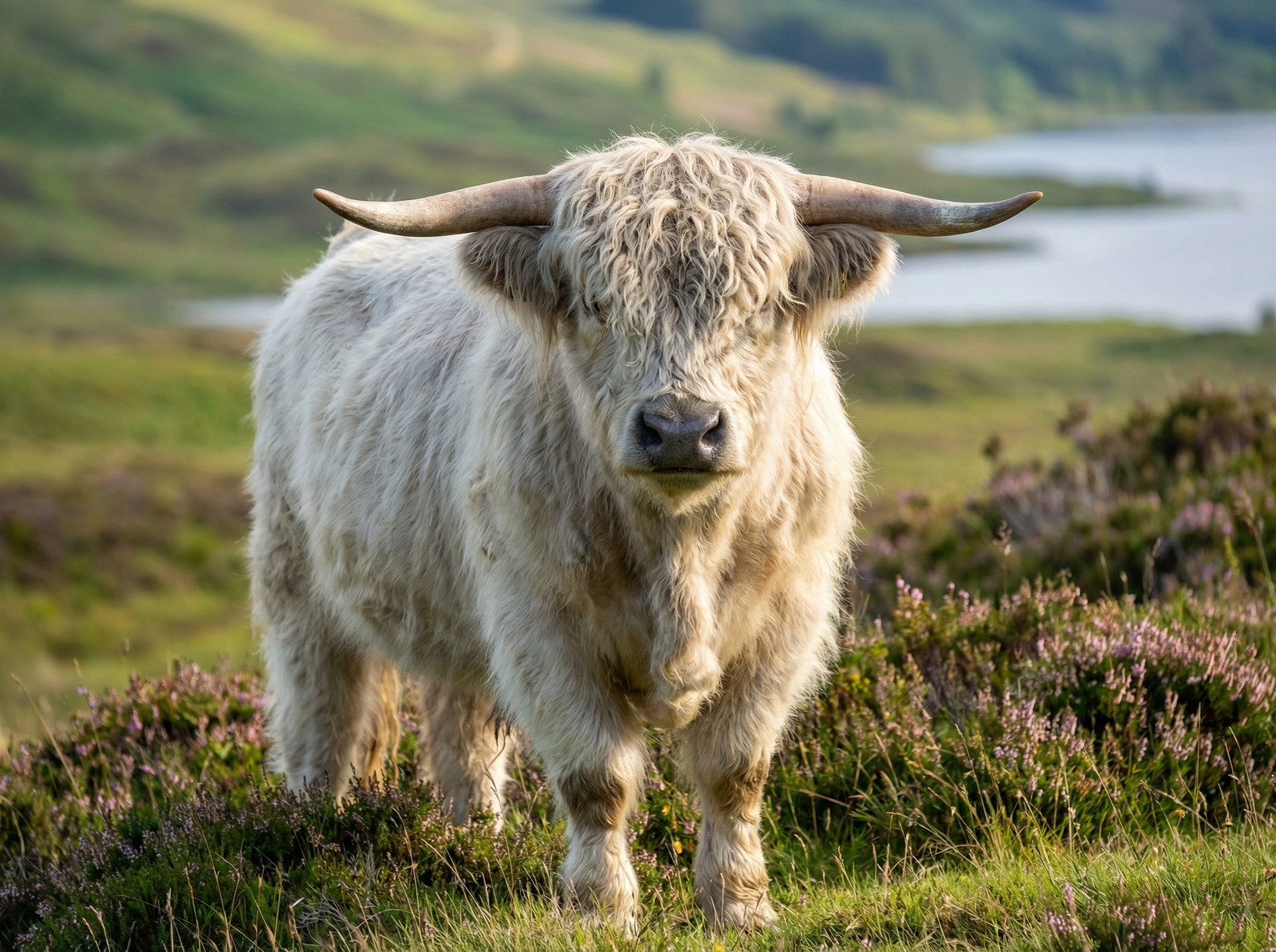 Highland Cattle
Highland Cattle
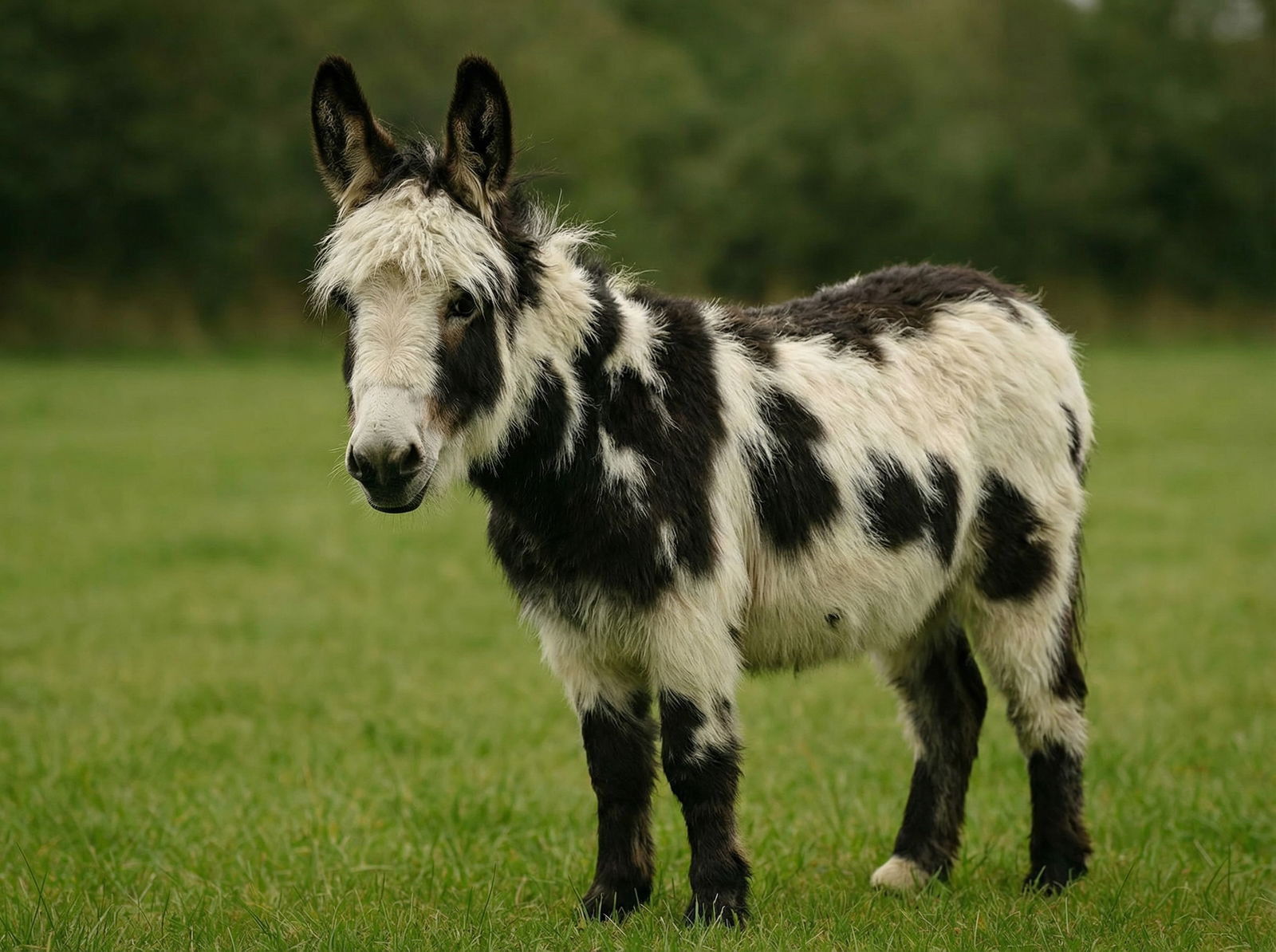 Miniature Donkeys
Miniature Donkeys
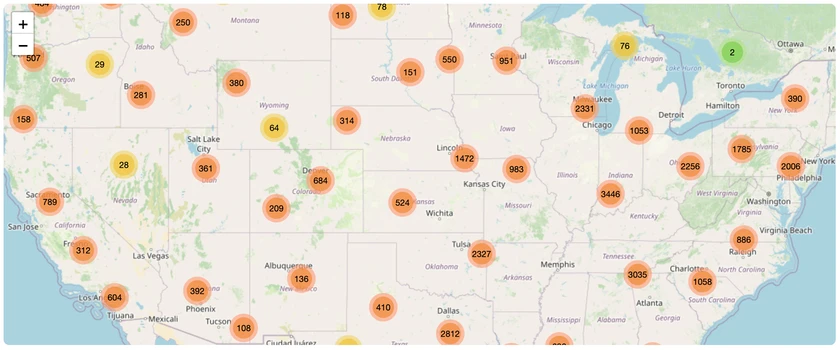 All Species Directory
All Species Directory
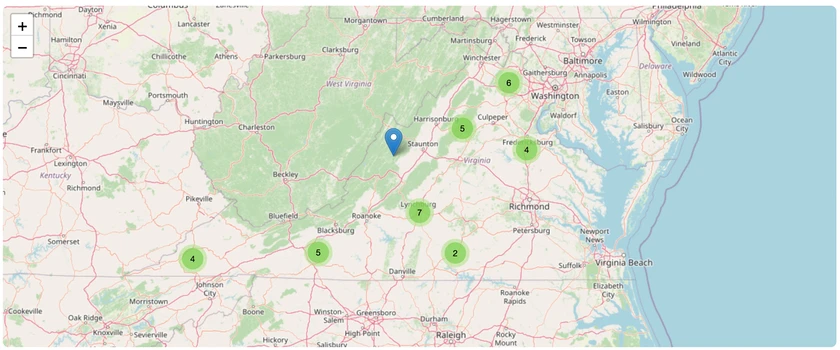 Highland Cattle in Virginia
Highland Cattle in Virginia
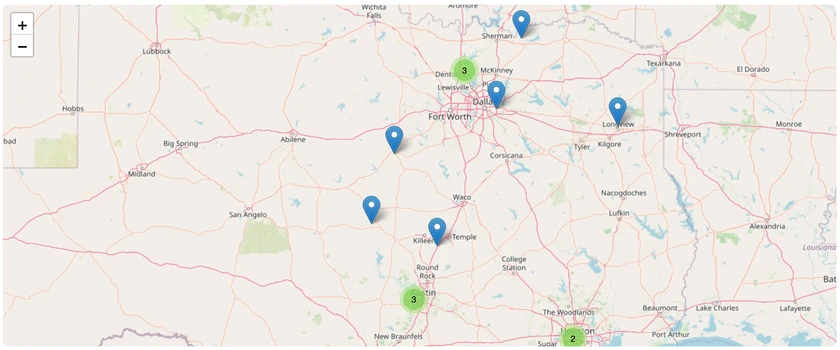 Miniature Donkeys in Texas
Miniature Donkeys in Texas









